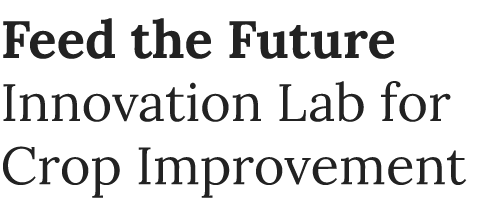National Agricultural Research Institutes (NARIs) operate in charged atmospheres of competing interests from donors, government, stakeholders, beneficiaries and researchers. In this swirling and uncertain structure, NARI plant breeders are forced to make breeding decisions with limited resources and human capital. Lacking in-depth analysis to back strategic priority decisions, breeders run the risk of investing years in development of a variety that may not be adopted. Without clear and actionable priorities, scientists could breed for plant traits that are not prioritized by farmers and consumers, triggering misaligned cycles of supply and demand throughout the food system.
The challenge
“We need to think critically about how we operate, because at the end of the day priority setting is political. Donors have their priorities; programs have their priorities; breeders have their priorities and the nexus of all of that, often results in decisions that aren't made through a well-thought process. At ILCI, we want to challenge that.”
Hale Ann TufanPriority setting co-lead
Our approach
Recognizing that programs cannot breed for everything at once, we encourage breeders to think critically about multidimensional priorities across economic, environmental, nutritional, gender equity, youth engagement and resilience considerations. We partner with Centers of Innovation to analyze optimal impacts into particular decisions and investments. This collaborative approach includes important conversations about long-term assessments, whose voices are heard, what assumptions are embedded in decision making, the role of power dynamics, and the relationships between suppliers and consumers. We believe that crop improvement is central to addressing grand challenges such as youth unemployment, climate change, malnutrition and gender inequality. However, aligning these ambitious efforts with rigorous analysis is critical to bring the potential impacts to life.
Recent highlights
Ex-ante analysis
To analyze potential benefits for each product profile over the next 25 years
Gendered value chain analysis
This tool will assess who is growing, processing and consuming the crop
Supplier-consumer disconnect
Study how to improve communication between diverse stakeholders
Research from our experts
In progress
- Impact Centered Varietal Design Framework: will take a human-centric approach to help National Agricultural Research Institutes assess their breeding priorities, challenge their assumptions, perform engaged research and ultimately prioritize the impact they want to make through crop improvement.
- Ex-ante analysis: will help breeders analyze product profiles with a 25-year forecast of potential benefits with goals to reduce poverty, promote gender equality, boost economic growth and more.
- Adapt and customize existing tools: help Centers of Innovation optimally use surveys, analyses and investigation strategies that are tailored to their unique needs.
Recent research from our experts
- A scoping review on tools and methods for trait prioritization in crop breeding programs (Occelli, Puerto, Gomez, Tufan)
- Crowdsourcing priorities: a new participatory ex-ante framework for crop improvement (Occelli, Rubin, Tufan)
- The men who feed the world? Putting masculinities on the agenda for crop breeding research for development (Tarjem, Tufan)
- What Does Empowerment Mean to Women in Northern Ghana? Insights From Research Around a Small-Scale Irrigation Intervention (Garner)
- Landscape-dependent effects of varietal mixtures on insect pest control and implications for farmer profits (Gomez)
- Understanding soil health and associated farmers’ perceptions in Colombian coffee systems (Gomez)
- Willingness to Pay, Quality Perception, and Local Foods: The Case of Broccoli (Gomez)
- Blood β-hydroxybutyrate concentrations and early lactation management strategies on pasture-based dairy farms in Colombia (Puerto and Gomez)
- Identification of cassava quality attributes preferred by Ugandan users along the food chain (Tufan)
- A review of varietal change in roots, tubers and bananas: consumer preferences and other drivers of adoption and implications for breeding (Tufan)
- When Is Choice Empowering? Examining Gender Differences in Varietal Adoption through Case Studies from Sub-Saharan Africa (Tufan)
- An interdisciplinary and participatory methodology to improve user acceptability of root, tuber and banana varieties (Tufan)
- Cassava Trait Preferences of Men and Women Farmers in Nigeria: Implications for Breeding (Tufan)
Priority setting team








